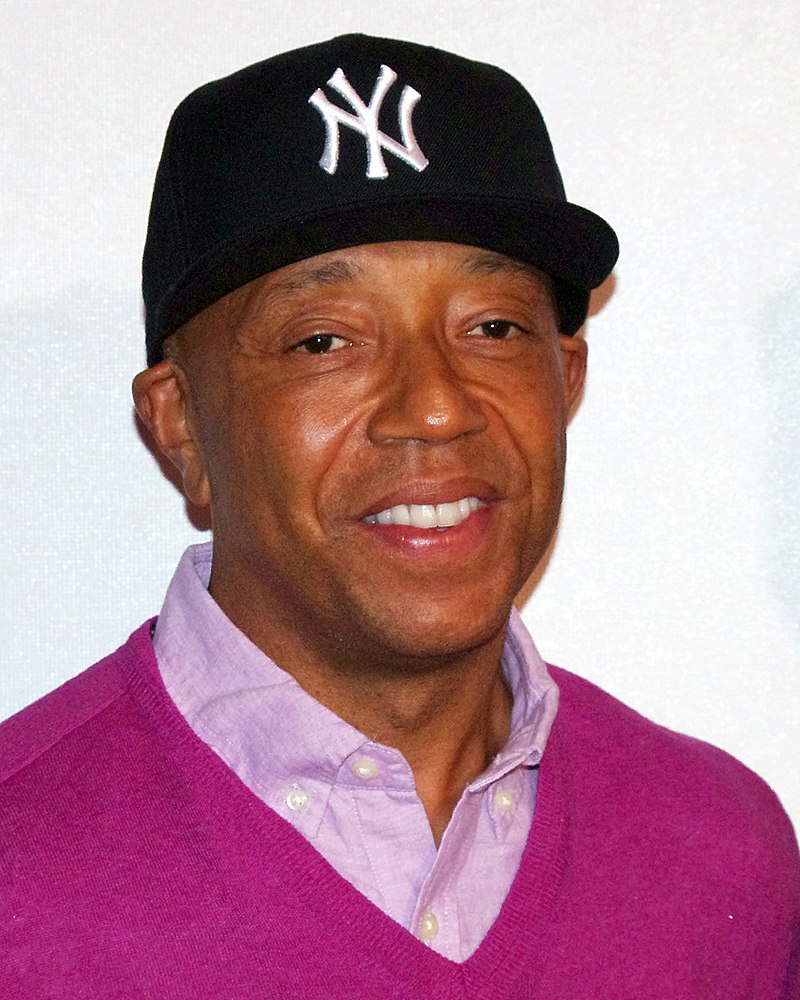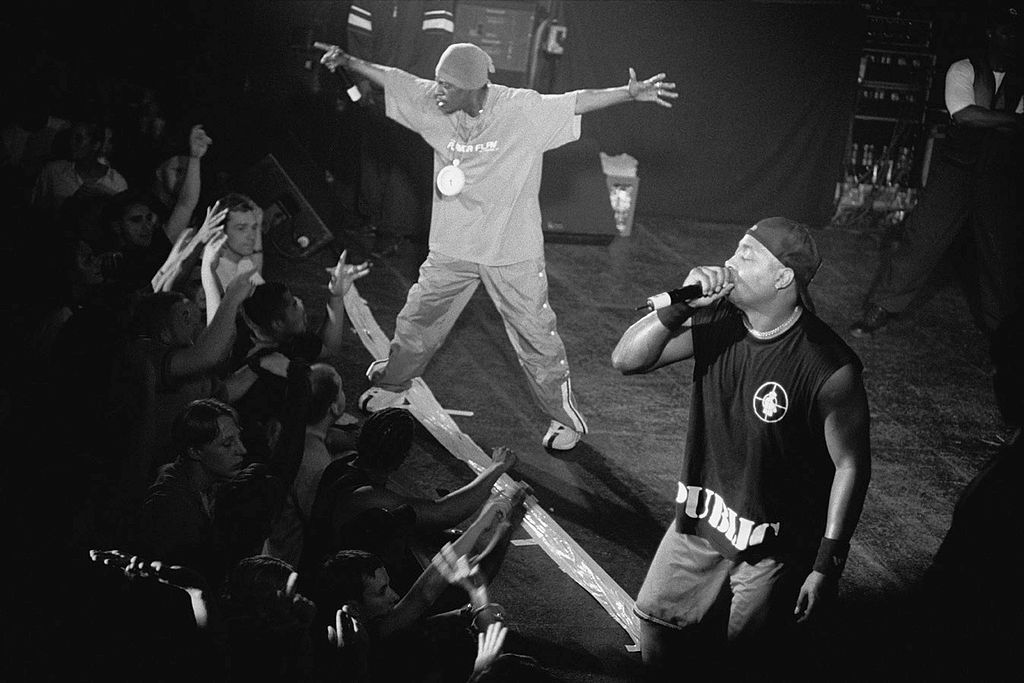
Commercial Success (Continued)
As rap music moved farther into the mainstream, it eclipsed the other hip-hop arts' popularity and commercial potential. As a result, street music promoters-turned-music entrepreneurs erected artist management companies that specialized in a street production concept. These companies utilized an underground promotion concept of pitching a tape mix of their artists to their respective communities before the official release of an album. This new school of music entrepreneurs included Russell Simmons of Rush Productions Management, and Simmons and Rick Rubin, co-founders of the legendary Def Jam Records in 1984.

Russell Simmons on How He Created Def Jam with Rick Rubin [ 00:00-00:00 ]
Simmons entered hip-hop first as a promoter and manager of local hip-hop acts in New York City with his company Rush Productions, then teamed up with the then New York University student Rick Rubin in 1984. Their business partnership led to other essential innovations in rap music history. Their first solo artist was LL Cool J and his debut Radio (1986). In the same year, they released Licensed to Ill, the debut album by the Beastie Boys, a punk-style rappin' trio whose success proved the commercial viability of White rap music acts. A year later, Def Jam signed what was to be their most controversial group, the militant Long Island band Public Enemy, also known as the "Prophets of Rage." They used sampled speeches of Minister Louis Farrakhan and Malcolm X as a vehicle to promote Black Nationalism. In the process, they revolutionized the art of mixing or creating a recording. The Bomb Squad, a production team, known for its work with Public Enemy, produced the music for the recording " Fight the Power" (1989) used in the soundtrack of Spike Lee's film Do the Right Thing (1989).

Public Enemy performing "Fight The Power"
Public Enemy's extensive use of digital sampling and the coveted Roland TR-808 drum machine with its sonic boom or kick to produce breaks or beats and an array of sound timbres and textures was unprecedented.
Another one of these artist management companies was Tommy Boy Records, founded by Tom Silverman. His first successful rap music act was Afrika Bambaataa (discussed earlier).








